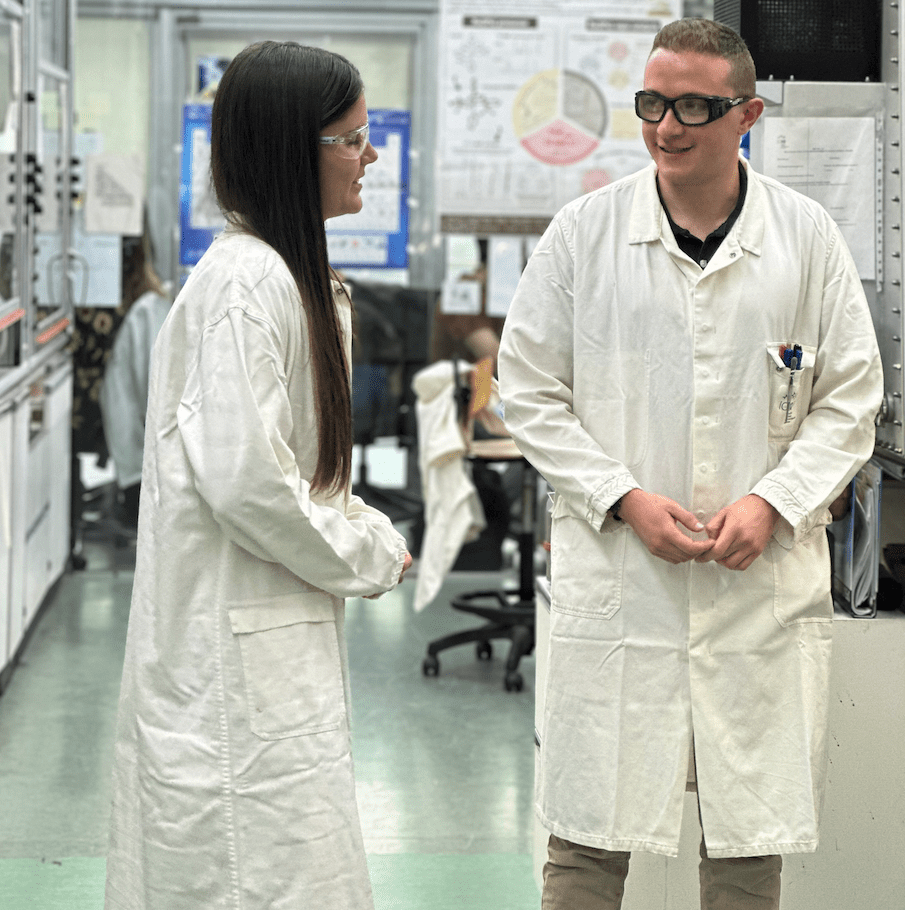Sustainable preparation of organic carbonates
17th November 2015 – Organic carbonates are compounds of industrial interest that have many applications such as their use as solvents in industry or as additives for plastics. In the last decade, highly efficient methods for the preparation of these carbonates using CO2 as a carbon source have been developed. These methods most often involve the use of catalysts that include metals, which may represent a health problem in case the presence of traces of particularly toxic metals in the final product exceeds the allowable limits.

ChemSusChem cover
In this context, Prof. Arjan Kleij research group has developed a new catalyst system based on a naturally occurring and fairly inexpensive molecule (tannic acid), which shows excellent catalytic reactivity at exceptionally low loadings for the preparation of organic carbonates using CO2 as a carbon source. Tannic acid is a natural polyphenol that can be extracted from the bark and roots of plants, but is also commercially available at low cost. The catalyst system has shown excellent activity under mild reaction conditions. It represents an attractive and sustainable organocatalytic alternative to the catalysts that incorporate metals in their structure. The work has been published in ChemSusChem and selected for its cover.
“We are reporting one of the highest activities for an organocatalytic system, representing a practicable alternative for most of the reported metal-based catalysts. Also, tannic acid can be easily regenerated and recycled with minimal loss of activity. This shows the great promise of polyphenols in CO2 conversion” –says Prof. Kleij.
The Kleij group is developing a research program that aims to improve the overall sustainability of these processes seeking after alternatives for metal-based catalysts. They have designed and developed a series of catalyst systems that incorporate organic molecules with several functional groups, which help to improve the catalytic activity and stabilize the molecule against decomposition. Their objective is to use commercial or easily prepared molecules that are economical and are effective enough to compete with metal catalysts.

Chemical structure of tannic acid
When asked about the future, Prof. Kleij says: “We believe that the reported results will lead to the design of new polyphenol-based organocatalysts, improving reactivity and stability through possible synergistic effects. In this way, new stabilization potential for intermediates and improved stability features can be discovered.”
Highly Efficient Organocatalyzed Conversion of Oxiranes and CO2 into Organic Carbonates
S. Sopeña, G. Fiorani, C. Martín, A. W. Kleij
ChemSusChem, 2015, 8, 3248-3254
Related news

Let's create a brighter future
Join our team to work with renowned researchers, tackle groundbreaking
projects and contribute to meaningful scientific advancements






 16-04-2025
16-04-2025 



















